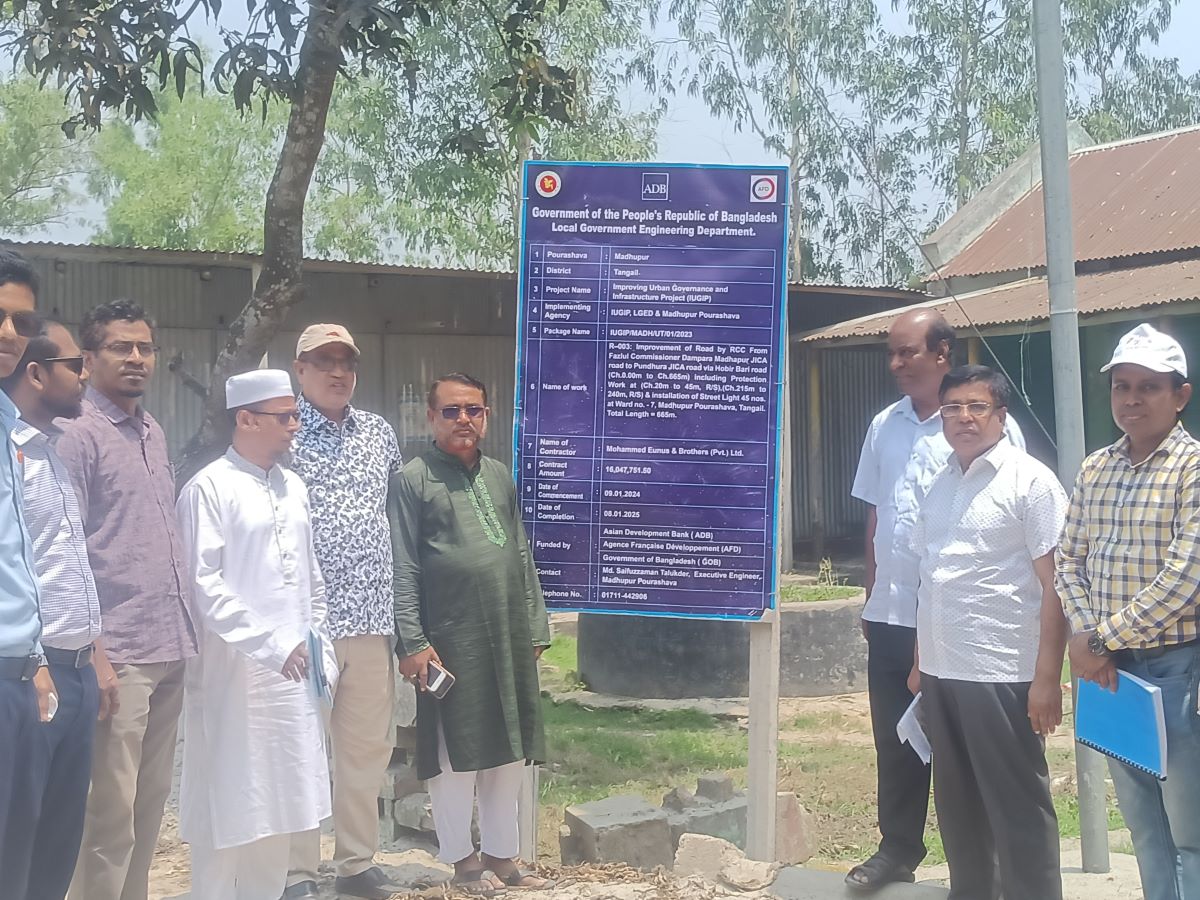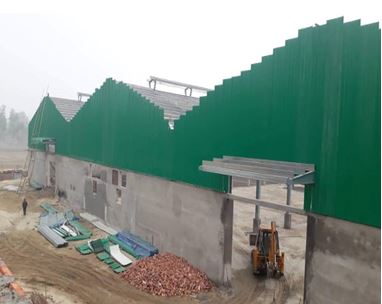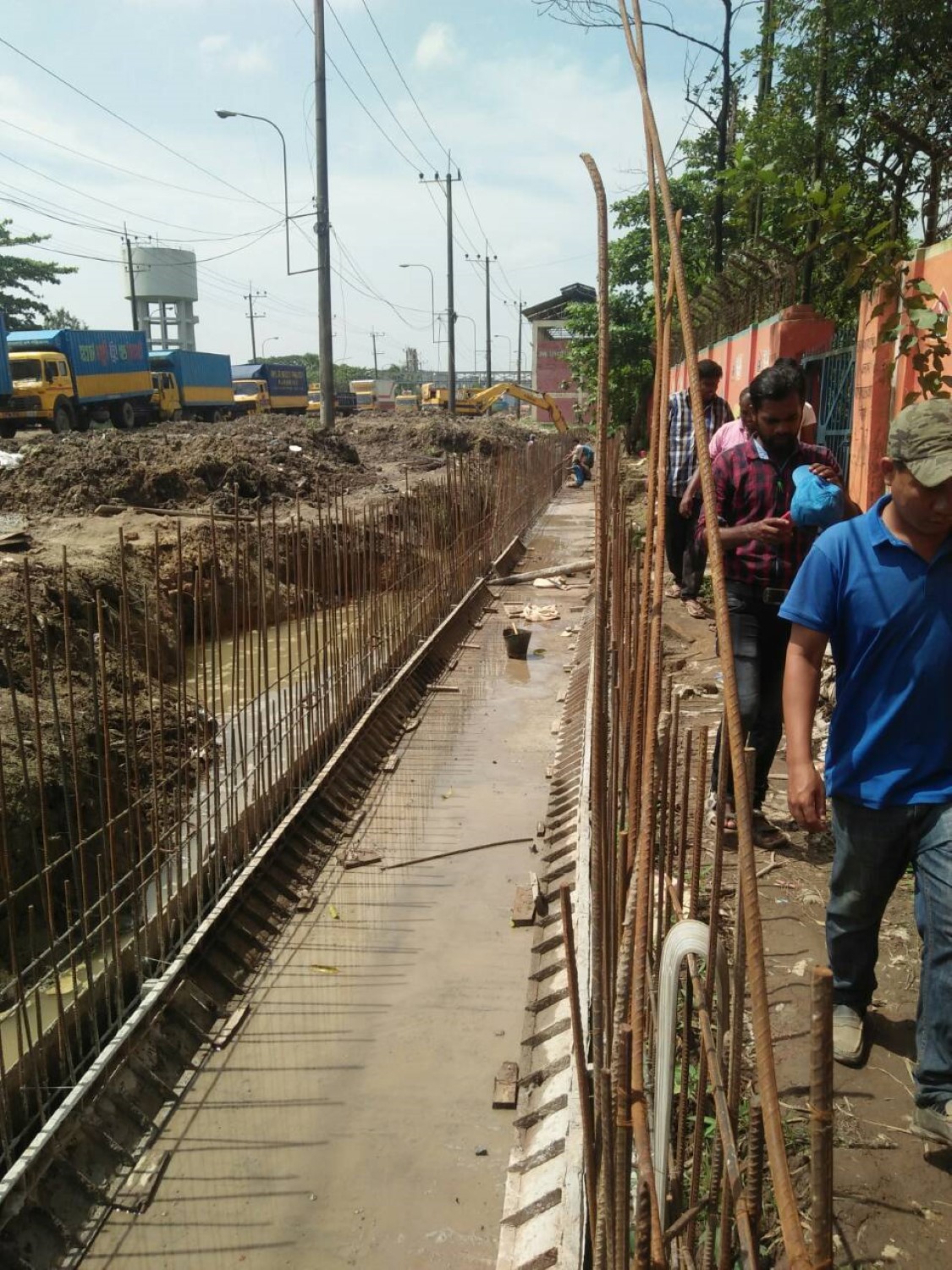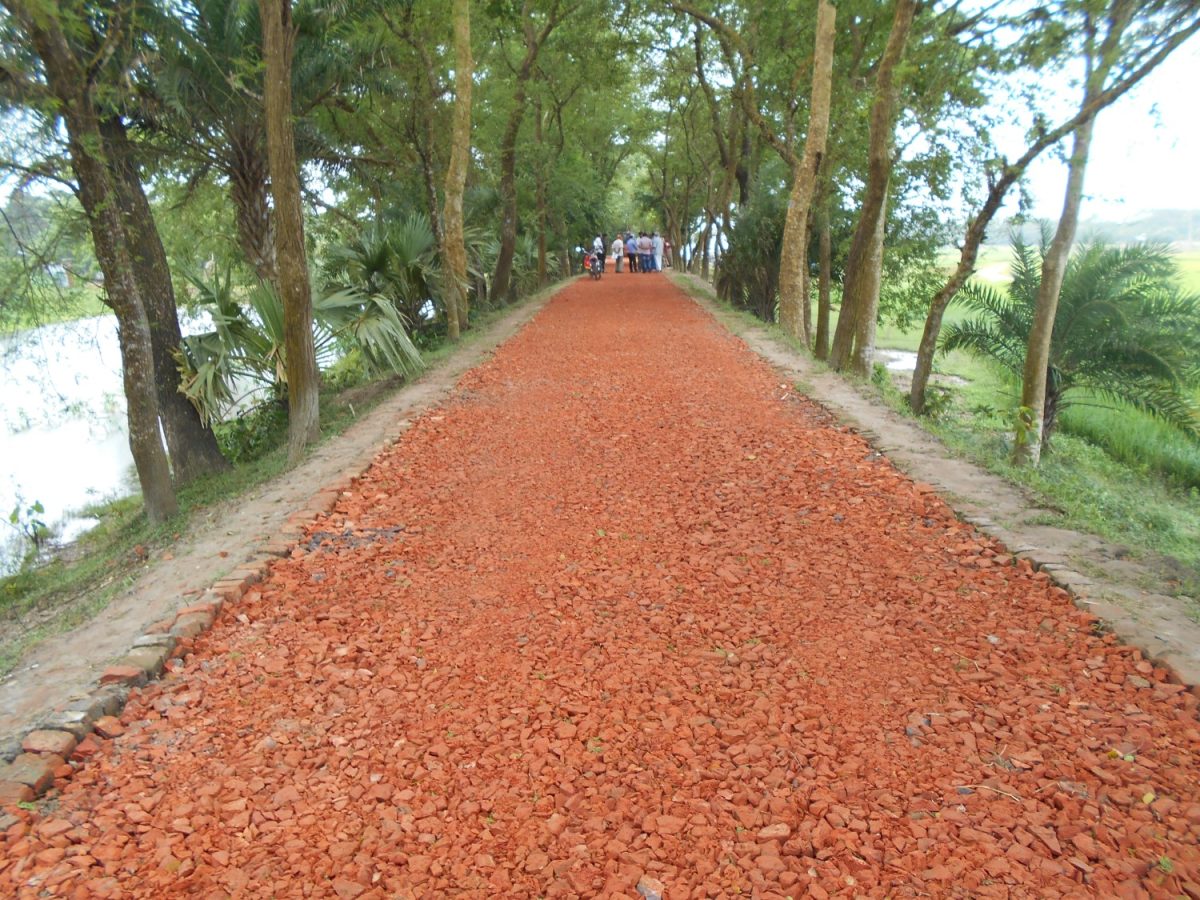Narrative description of Project: Improving Urban Governance and Infrastructure Program will build on the successes and lessons learned from previous Urban Governance and Infrastructure Improvement Projects (Urban Governance and Infrastructure Improvement Project, Second Urban Governance and Infrastructure Project, Third Urban Governance and Infrastructure Project, and Additional Financing to Third Urban Governance and Infrastructure Project). It is aligned with the draft Country Partnership Strategy, 2021-2025, which promotes a culture of responsiveness and accountability as part of good urban governance. The program is aligned with ADB’s Strategy 2030, supporting key operational priorities related to addressing remaining poverty and reducing inequalities; accelerating progress in gender equality; making cites more livable, and strengthening governance and institutional capacity.
The disbursement under a program using Program-for-Result, a new financing instrument of the ADB, is made against pre-determined Disbursement Linked Indicators (DLIs). DLIs can be outputs, outcomes, intermediate outcomes, or process indicators that are key actions needed to address specific risks or constraints to achieving development objectives. The progress towards the outcome and outputs will be tracked through 16 indicators, comprising 10 DLIs those are linked to disbursements. The disbursements will be made based on the extent of the targets they achieve. To conduct the DLI verification the consultant will review documents at home office, inspect sites in the field, conduct field surveys and, hold focus group discussions and consultations with relevant stakeholders. The Program will disburse against the achievement of DLI targets anytime within the Program period. This means, if the Program fails to achieve a DLI target in any year, the related disbursement amount will be rolled over to the next year. If the Program consistently overachieves its targets, the credit loans could be fully disbursed before the formal end of the operation.
Detailed Description of Actual Services Provided by Our Company: DPDS involved in two steps verification protocols of the Program. Firstly, by checking their completeness/compliance of the gross data against the requirements given in Dossier/Report for particular DLI, Secondly, by conducting field verification of the results achieved through an agreed method of verification between LGED and Association. The first step is generally known as Desk Review, where sampling will be 100%. The second step is generally called as field verification, where sampling will be as per mandated in the verification protocols and certifying the accomplishment of Disbursement Link Indicators (DLI’s) indicated to be verified in accordance with the verification protocol during each Assessment period; and the final step is preparing reports on actual results achieved and providing constructive feedbacks. The scope of consultancy services is based around the following 10 key activities: (i) Verification of Improved livability under IUGIP (DLI-1); (ii) Verification of holding tax collection efficiency achieved IUGIP -2); (iii) Verification of capacity of LGED and pourashavas strengthened under IUGIP (DLI-3); (iv) Verification of planning and detailed design completed for 50 pourashavas under IUGIP (DLI-4); (v) Verification of operation & maintenance management system strengthened and annual Budget allocated for gender-responsive O&M plans under IUGIP (DLI-5); (vi) Verification of equity and inclusiveness of women and poor ensured (DLI-6); (vii) Verification of length of drains rehabilitated or constructed; (DLI-7); (viii) Verification of length of paved (flexible/concrete) and unpaved roads rehabilitated or Constructed; (DLI-8); (ix) Verification of gender-responsive public spaces remodeled or development (DLI-9); (x) Verification of Slum improvement program implemented; (DLI-10);




